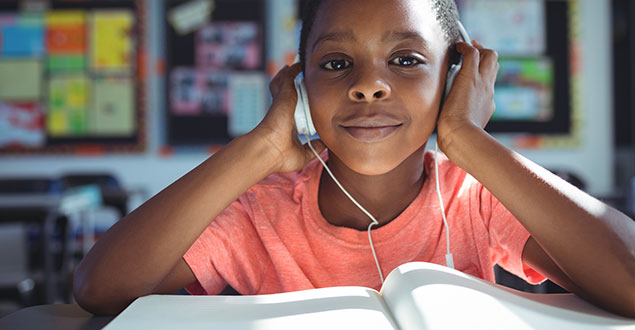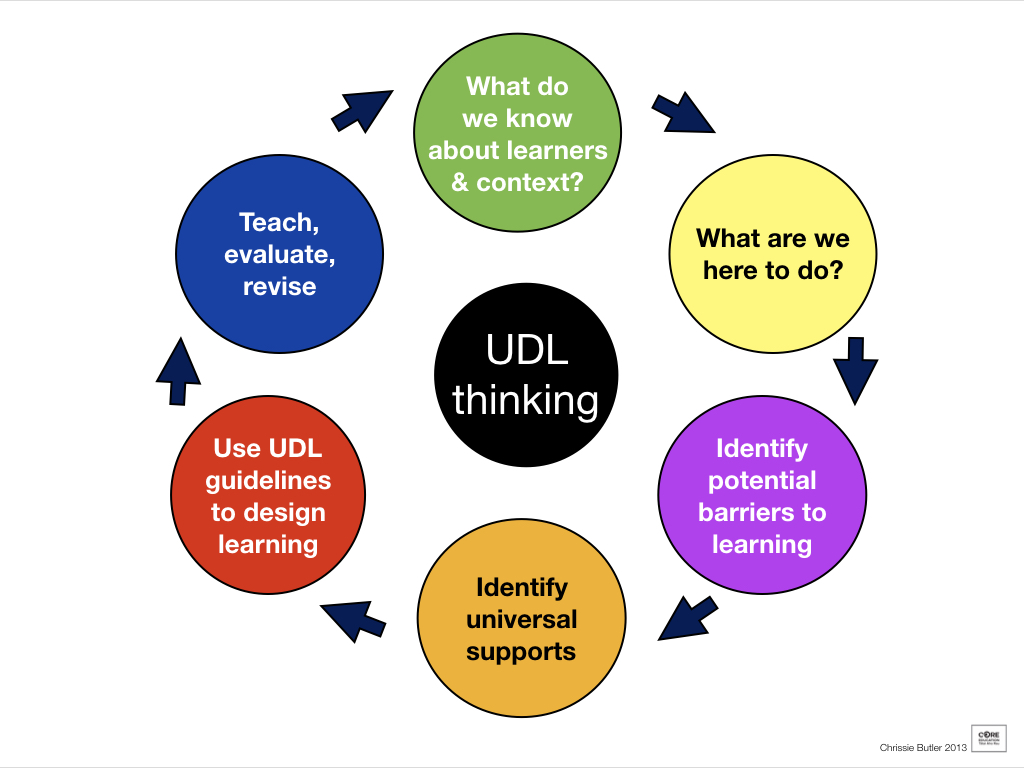Recent years have seen a rise in popularity for blended learning, a contemporary teaching style that combines traditional classroom instruction with online learning. Both students and teachers stand to gain much from this novel approach.
Tutoring popularly known as ‘extra-studies’ or ‘extra-classes' is a valuable tool for helping students outside of the traditional classroom setting. By providing individualized instruction and support, tutors can help students build the knowledge and skills they need to succeed academically.
President of the Association of Ghana Industries, Dr. Humphrey Ayim Darke, at the just ended maiden edition of the Networking Soiree organised by TECHAiDE and Implementers, mentioned that as leaders of industries in Ghana, it is important to play key roles in ensuring the attainment of the Sustainable Development Goals (SDGs).
There are three (3) principles of the Universal Design for Learning (UDL). Let us look at a practical need for the implementation of UDL principles that will enable educators especially, school administrators and proprietors to maximize learning effectiveness in the classroom.
The Universal Design for Learning (UDL) framework values diversity through proactive design of an inclusive curriculum, thereby eliminating or reducing barriers to academic success. Initially proposed as a means for including students with disabilities in the general-education classroom, it is now better understood as a general-education initiative that improves outcomes for all learners.
Universal Design for Learning (UDL) is a framework developed by CAST, an Understood.org founding partner. UDL guides the design of learning experiences to proactively meet the needs of all learners.
There are many possibilities that digital education technologies such as touch screen tablets might have in increasing early learning outcomes in developing countries. To better understand the efficacy of using touch screen tablet technology to raise pupil learning outcomes, research is needed that focuses not only on pupil learning outcomes, but also on critical aspects of implementation, such as teachers' use of and attitudes toward tablet technology and the embedding of tablet technology within a (developing) country's education system.
As many countries are winning the fight against the spread of coronavirus among the citizenry, others are experiencing a second wave of the pandemic. Scientists have studied the Coronavirus Pandemic to reveal the extent to which the risk of infection in certain environments especially in the classroom can be mitigated if school authorities, teachers and students take some measures against airborne transmission.
The new Common Core Programme (CCP) Curriculum for Junior High School (Basic 7 to Basic 9) and Senior High School (Basic 10) is the second phase of pre-tertiary curriculum review which started in 2017, with KG and Primary years programme currently being implemented by the Ghana Education Service since 2019.













